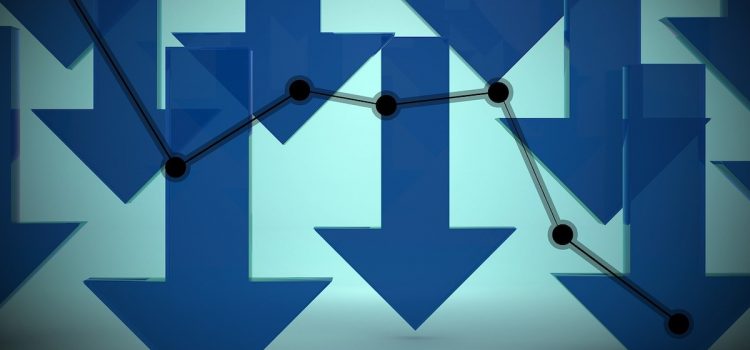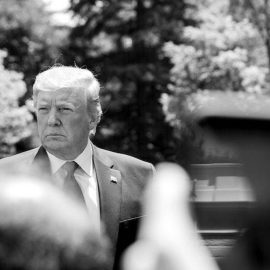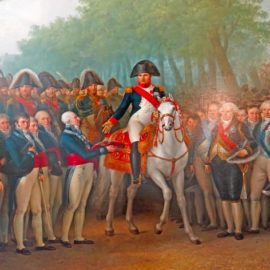

This article is an excerpt from the Shortform book guide to "The Power Elite" by C. Wright Mills. Shortform has the world's best summaries and analyses of books you should be reading.
Like this article? Sign up for a free trial here.
What’s the role of intellectuals in society? How has that role changed in America over the years?
Sociologist C. Wright Mills says that America’s intellectual class used to run interference for the people, helping them understand what was going on and know how to stand up for their interests. All of that changed after World War II.
Learn how the American intellectual class is now part of the problem.
The Intellectual Class
Mills argues that, traditionally, the intellectual class in America served to challenge or explain political dynamics to the American people. This helped Americans understand what was going on in their society, how it affected their lives, and what they could do about it. However, Mills claims that this is no longer the case. He suggests that the majority of American intellectuals fail to acknowledge, question, or challenge the rule of the power elite. This has also taken power away from the American people by depriving them of their ability to understand what’s going on in government, why it’s going on, and how it affects them.
(Shortform note: Mills critiques the intellectual class more directly in his later work, The Sociological Imagination. In it, he claims a new generation of economists, sociologists, and so on have taken to gathering technical information—opinion poll data, market research, and other quantifiable metrics—without developing a broader historical and social understanding of what they study. Without taking a wider view of social and political trends, Mills says, social scientists can’t help average Americans understand their life circumstances. They might even work on behalf of elites, remaining ignorant or willfully ignorant of what their research is used for.)
Mills explains that some intellectuals simply deny the existence of the power elite or say elites are disorganized and accountable to the American people. Other intellectuals don’t deny the existence of the power elite but instead ignore or downplay their role, avoiding critiques of broader power structures. According to Mills, both post-war conservatives and post-war liberals fail to acknowledge the power elite.
Conservative Intellectuals
Mills explains that conservative intellectuals and politicians channel these middle-class frustrations into attacks on specific individuals, institutions, and symbols of status within government. The most obvious example of this sort of behavior at the time is a campaign of unfounded personal attacks and accusations led by Wisconsin senator Joseph McCarthy in the 1950s.
Liberal Intellectuals
Mills suggests that, instead of acknowledging or challenging the rule of the power elite, post-war American liberals are attempting to mount a disorganized defense of the status quo. This is because liberals held power for decades before World War II. Finally, Mills claims that, as an ideology, liberalism in post-war America has essentially become meaningless.

———End of Preview———
Like what you just read? Read the rest of the world's best book summary and analysis of C. Wright Mills's "The Power Elite" at Shortform.
Here's what you'll find in our full The Power Elite summary:
- How a group of corporate elite controls America's politics and economics
- How the elite exploit America's institutions for their own benefit
- A look at the dangers that arise when citizens feel powerless






